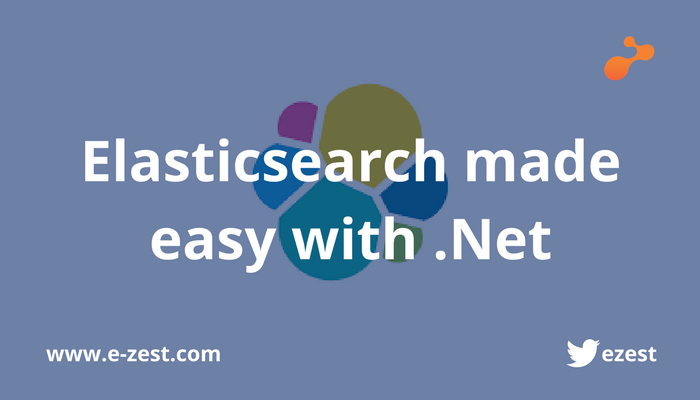
This policy is actually designed with an intention to create equal market access while boosting the development of mobile banking solutions. This would essentially be a complex process that comes with technical requirements that pose a major challenge comparable with the migration to XML in recent years. However, what makes it lucrative is the fact that it opens up great business opportunities: circling round the pitfalls of another technology, the introduction of testing tools allows space to focus on customer benefit and cost-efficient adaptation. This is where JSON comes into the picture.
So, what is JSON?
JSON is a popular format for information exchange, also being the de facto standard in most mobile apps, IoT and wherever simple data interfaces are used. Hence, JSON is likely to be the technology of choice as the most significant highlight of PSD2 will be the banks’ requirement to provide open interfaces to their services. The banks would also have to ensure that their API users are provided with the best support throughout the entire API user lifecycle: integration and testing, day-to-day operation and other upgrades. But why would JSON be the ideal format?
- JSON: Workhorse of all apps
JSON and APIs are connected to each other intricately. While XML has always been held as the ideal format for complex documents, its demerit is that it is a very heavy format. It suits the exchange of multifaceted documents. On the other hand, the agile JSON format serves as an ideal format for quicker exchange of small entities. JSON is perfect for exchanging information on a single payment, unlike XML that is good for large batches of payments. JSON has numerous benefits over other formats. Let us look at a few of its key benefits in brief.
- Economic in terms of time and money
JSON validation technologies, like the XMLdation validation engine, allow the developers to receive a diagnostic recognition of the cause of any faults along with the hints to correct the specific issue. The feedback and integrated documentation ensures that the issues are fixed properly and the API communication is up in an instant.
- Solution for the emerging businesses
The JSON offering makes use of a similar technology as the XML, where the validator takes care of the message payload and returns a report with helpful instructions on how to fix possible errors and a link to the related Wiki page. This keeps development activities independent from production systems thus benefitting the performance, administration and security. - New business opportunities for banks
With the PSD2 in place, banks with well-supported API access are likely to achieve the pole position with mobile developers and enterprises. JSON assists in speeding up internal processes while bringing down the support team workload and providing superior support to existing customers.






